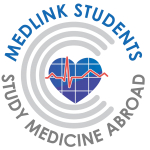
Located in: Bulgaria
















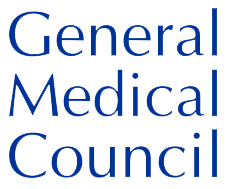





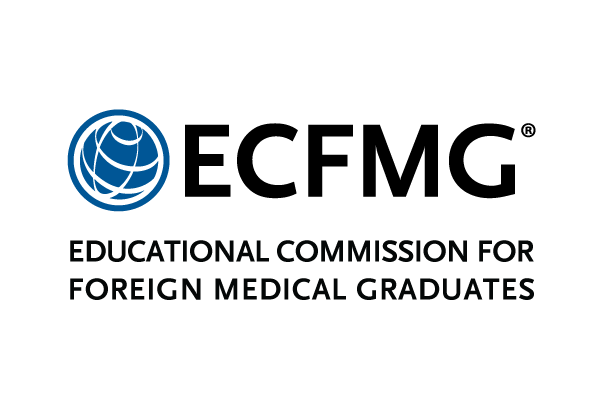



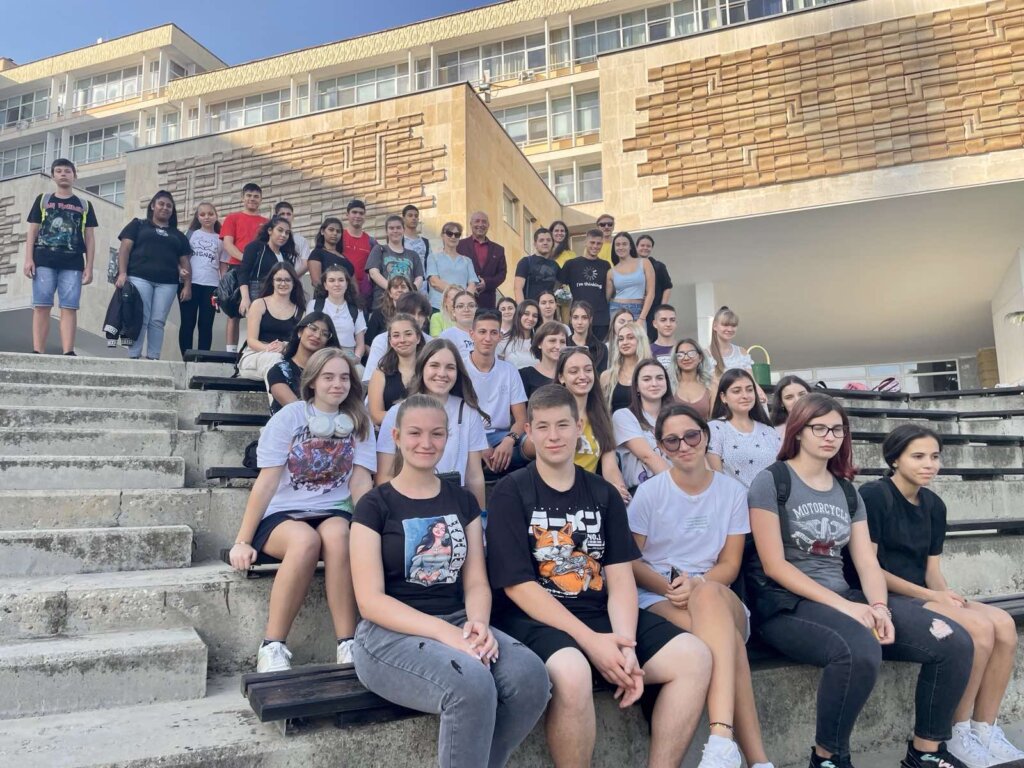

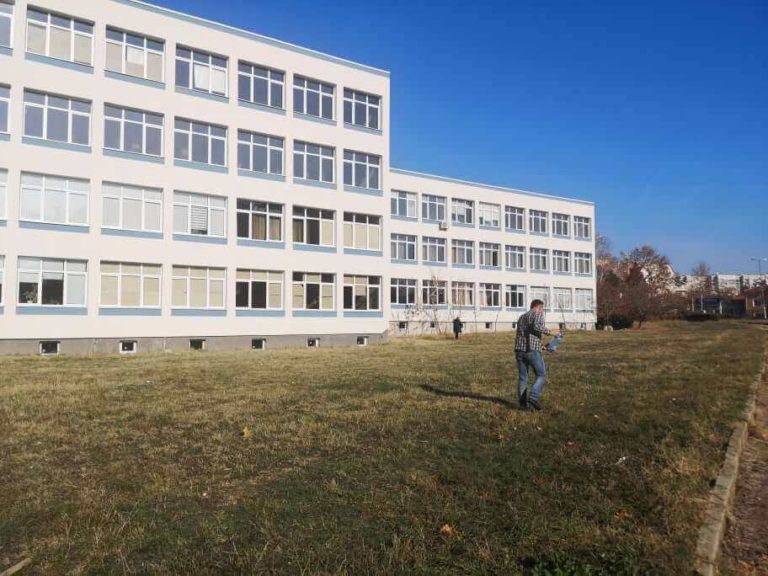

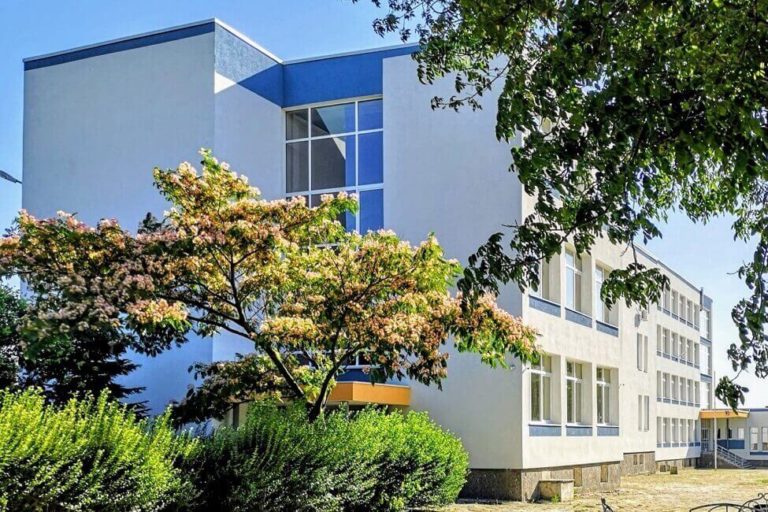

Trakia University (also known as Thrace University) is a small university situated in the city of Stara Zagora. It was established in 1982 and became an independent higher education facility in 1995. The faculty of medicine plays host to about 600 Bulgarian & foreign medical students and over 200 academic staff members in their respective departments.
A city with roots as old as 342 BC has a lot of history. Stara Zagora has a highly developed industrial, services, and agricultural infrastructure specialising in education, with over 40 schools that provide a broad spectrum of subjects to choose from. The city contains the largest hospitals in the country and the oldest theatre in Bulgaria, and the biggest opera in the Balkan Peninsula. Several museums and art galleries adorn Stara Zagora. The city is thriving with life and character, so much so that an award from “FDI Magazine” regarding the “Financial Times” was awarded to the district for its best quality of living in Europe, the newly built homes, low prices, and rich heritage (2004).
Trakia University’s Faculty of Medicine is located in Stara Zagora 6000, 11 Armeiska str. The Faculty of veterinary medicine is located in Stara Zagora 6000, Student Campus.
The Medicine Programme lasts for 6 years, and requires a total of 10-month period of clinical work. The course structure involves 52 required courses and 36 electives. The Master's course in Veterinary Studies takes a total of 5.5 years to finish.
There is no graduate-entry pathway at Trakia University, and there’s no graduate entry in Bulgaria in general. University transfers, however, are accepted.
The university takes part in many national and international research programmes. The local projects include a lot of research on veterinary applications. The international scientific work usually partners with EU funds and institutes, but Trakia University’s reach extends to China.
The latest projects include advanced research into nanostructures with Chinese participation and a burnout detection project financed by Erasmus.
In addition, Trakia University organises annual conferences and seminars that are excellent for learning and networking. Aspiring doctors can also participate in charity events and various local celebrations.
Thanks to its secluded campus location on the Eastern end of the city, Trakia University has plenty of space to host several museums. Surrounded by greenery, curious minds can explore the Museum of Equestrian Sport, the Museum of Agrarian Education, and the Museum of Veterinary Medicine.
Fortunately, Trakia University provides sports facilities for a healthy lifestyle. There are outdoor fields for football, basketball, volleyball, and tennis. In addition, athletic doctors can visit several indoor gyms with spaces for team sports, weightlifting, and aerobic exercise.
Trakia University also owns a holiday centre by the coastal resort town Obzor because nothing recharges academic batteries like a weekend by the sea. They are currently building another one at Stara Zagora’s thermal springs.
At this time, the only courses taught in English are medicine and veterinary medicine. Trakia University’s duration of study in medicine is 6 years, and the tuition fee is per year for years 1 to 5 and for the 6th year. For veterinary medicine, the duration is 5,5 years, and the tuition fee is per year. Trakia University in Stara Zagora doesn’t offer dentistry in English; for dentistry, you could turn to the other medical universities in Bulgaria.
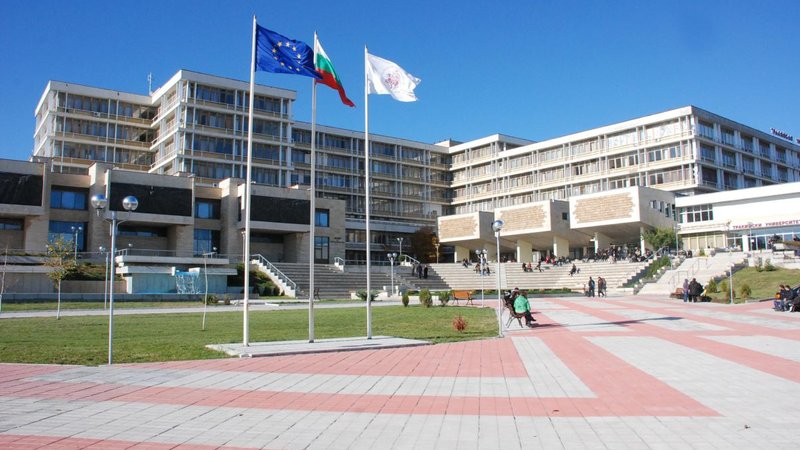

To be accepted into the university, you must pass the following exams:
There’s an early and a late exam session which is the same.
Students must apply early so that we can create a strong application file and get them ready for the entrance exam.
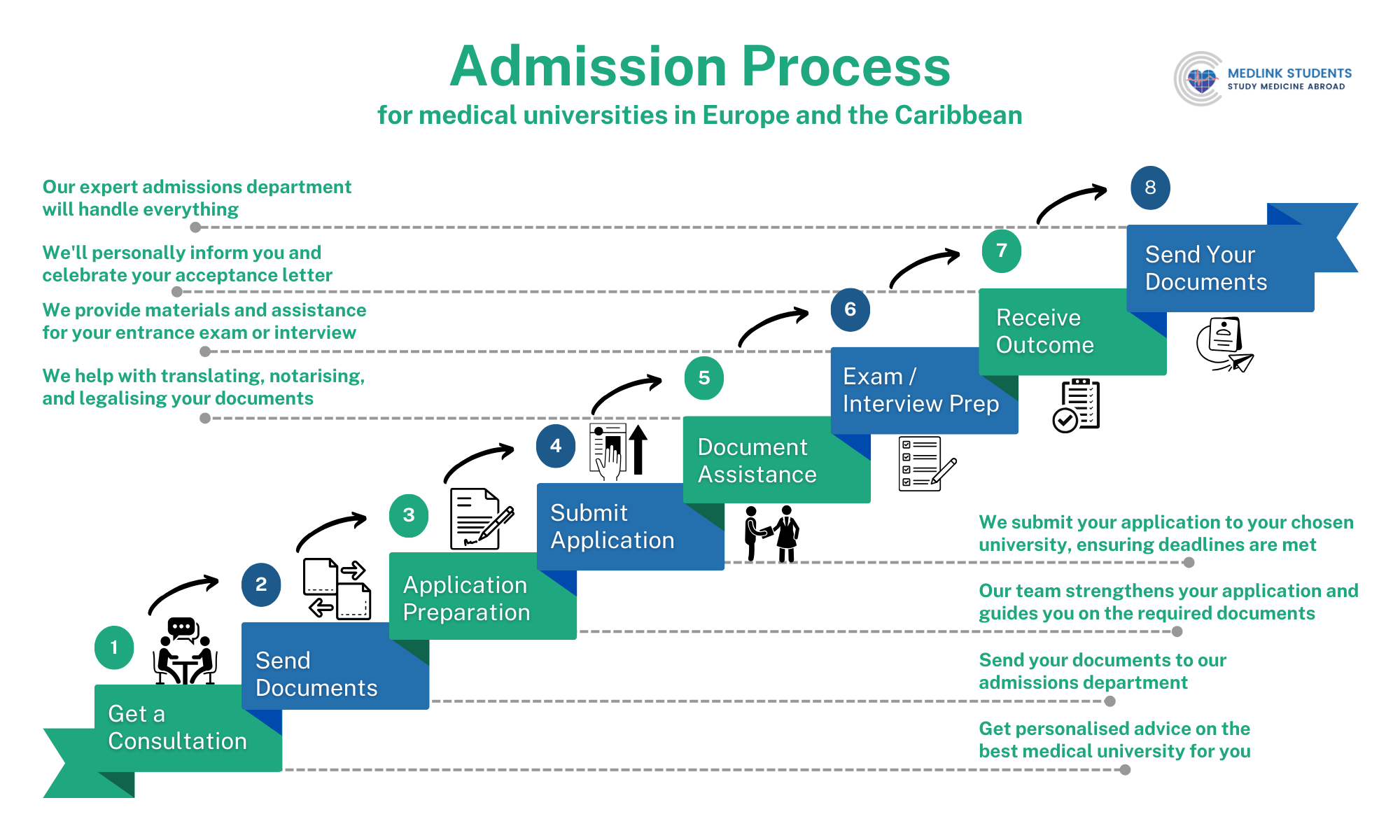

The competition to get accepted at Trakia Medical University is fierce and navigating the application process may seem close to impossible to handle alone. The university has a long list of application requirements and legal intricacies that need to be fulfilled, such as the submission of specific documents that need to be translated, notarised, and legalised. Failure to fulfil these will lead to your application getting rejected. That's where we come in - we have best the admissions teams in Europe and we can guarantee that all legal work is carried out correctly. Additionally, we maintain a good relationship with Trakia Medical University and we possess in-depth knowledge for the entirety of the application process and entrance exam. We will handle your application from start to finish and we will make sure that you have an S-tier submission that will get you accepted at this prestigious medical school. Additionally, we will ensure that you are better prepared than anyone for the difficult entrance exam by providing you with amazing test materials, which will let you conquer it easily. With Medlink Students, you can bypass the stress of applying abroad, freeing you to focus on the entry examination.
Trakia University degree, just like the other medical universities in Bulgaria, is recognised in all European Union states, the European Economic Area, and of course, by the General Medical Council (GMC). To be accepted, the GMC’s requirements are: you will need to have graduated successfully in a course that contained at least 5,500 hours and lasted at least three years.
The students may use the campus of the University. The rent is between and per month. The monthly living cost is about . Applying for the dormitories should be done before the 19th of June.
The living costs are incredibly cheap, with rent ranging from to per month and utilities averaging roughly per month. So you can expect to pay approximately per month for everything. If you are the type that values privacy and peace, we suggest you rent a flat.
As for free time, the city of Stara Zagora, albeit small, offers a wide range of places to visit. In Stara Zagora, you can see many historical monuments, monasteries, museums, parks, excursion options, and more. The city isn’t short of restaurants and clubs too.
While Stara Zagora is among the oldest cities in Bulgaria, in a way, it is among the youngest ones as well. The city has over 2,500 years of history under different names, but almost 150 years ago, it was razed to the ground in the war. The locals had to rebuild from scratch, and the new city plan had only straight, perpendicular streets. That's why one of Stara Zagora's nicknames is the City of Straight Streets.
Another popular nickname for the town is the City of Lindens. All streets have linden trees, creating an unforgettable season for locals. The city celebrates the Linden Holidays from May to mid-June while the trees blossom. The locals honour this period with various events and lots of deep breathing because no aroma can compare with a blooming linden.
Other annual celebrations include the Festival of Opera and Ballet Arts. The local opera house is the biggest in the Balkans, and the sublime acoustics perfectly complement the masterful performances of local and international stars. The city's cultural life also includes a theatre and many art galleries.
Young people in Stara Zagora have designated meeting spaces downtown: the “mushrooms”. They are only a couple of poster columns with mushroom-like caps on top, but countless glorious adventures have started underneath them.
From there, students usually cruise through the local bars, restaurants, and nightclubs. Still, legends speak of a few daring explorers who visited the many local museums and historical sites. Since the city was razed quite often throughout history, there are plenty of ruins from ancient times: mainly Thracian, Roman, and Ottoman remnants.
In addition, Stara Zagora has one of the most magical landscaped parks in the Balkans - Ayazmoto. According to the legend, tsar Boris converted to Christianity at the local peak and thus started the Christianization of Bulgaria. Nowadays, Ayazmoto is a tranquil haven where people can connect with nature. The park also contains the biggest zoo in Bulgaria, the local observatory, and a botanical garden.
The first semester usually starts in mid-September and is until the end of the calendar year. Then you get ~2 weeks of Christmas Holidays.
1st-semester exams are held between mid-January and mid-February. A few days later, the second semester starts and ends at the end of May. Second-semester exams are throughout June.










The university is located in Stara Zagora, Bulgaria. The city’s region is part of the Upper Thracian Valley, south of the Balkan Mountains. The address is Stara Zagora 6000, 11 Armeiska str.
Yes. Transfers are possible for medical students.
No. There is no fast track medicine in any Bulgarian university.
The tuition fees for general medicine are per year for years 1 to 5 and for year 6, and veterinary medicine costs .
The WHO recognises the university through the World Directory of Medical Schools. In addition, it is recognised by the General Medical Council in the UK.
Yes. There are English-taught programmes in both general and veterinary medicine.
Yes. The university has over 100 graduates registered with the UK General Medical Council.
Yes. There are exams in Biology and Chemistry. In addition, there is an English-proficiency exam for non-native speakers.
The English-taught programme has entry exams in Biology and Chemistry.
The Autumn semester starts in mid-September and lasts until mid-February. A few days later, the spring semester begins and ends at the end of May.
The application deadline for the Autumn semester is usually the end of August.
*Due to limited seating and potential program adjustments, confirm intake availability with your advisor before applying.